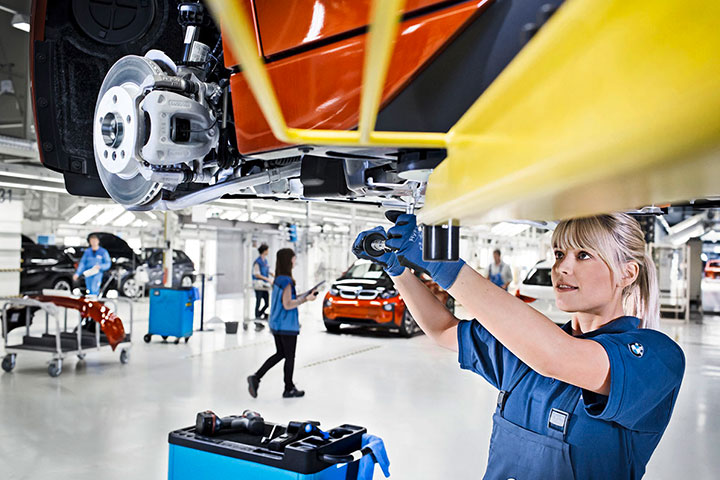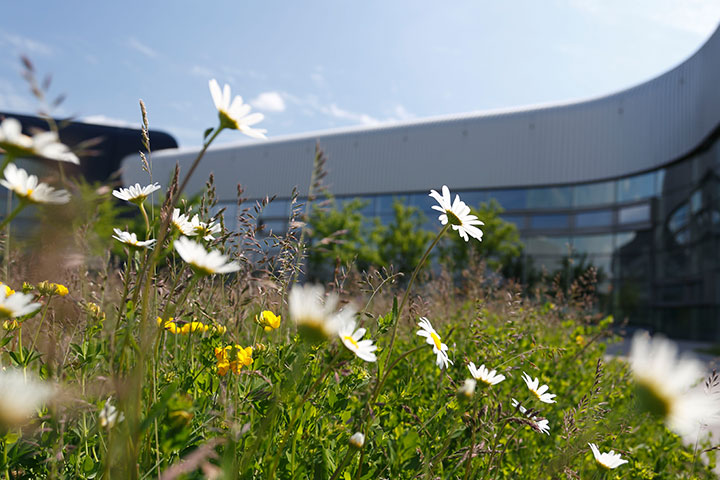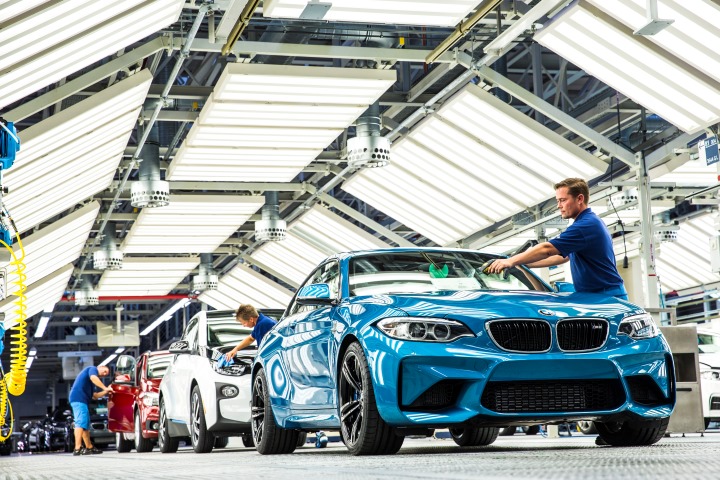The BMW Group is using innovative technologies in its efforts to improve sustainability and taking advantage of new options to conserve resources and reduce emissions from painting bodywork. The BMW Group is the first automotive manufacturer worldwide to use matt paints made from biomass instead of crude oil at its European plants. In addition to this, BMW Group Plants Leipzig and Rosslyn (South Africa) are also using sustainably-produced corrosion protection. Renewable raw materials such as bio-waste or waste from sewage treatment plants serve as the starting material for the paints. The CO2 savings determined in a TÜV-certified process amount to over 15,000 tonnes of CO2 emissions between now and 2030.
“By reducing our use of fossil raw materials, we can conserve natural resources and lower CO2 emissions at the same time. To achieve this, we are increasingly relying on sustainability innovations in our supplier network,” says Joachim Post, member of the Board of Management of BMW AG responsible for Purchasing and Supplier Network. “Innovative paints based on renewable raw materials are an important step in this direction.”
Organic waste replaces fossil resources
BASF’s innovative production process makes it possible to replace petroleum-based precursors, such as naphtha, with renewable raw materials from organic waste, starting in the early stages of paint production. This not only reduces consumption of fossil resources, but also avoids the CO2 emissions associated with the production, transport and processing of crude oil.
The corrosion protection and matt paints used at BMW Group Plants Leipzig and Rosslyn are chemically identical to the paints previously used, with all the same properties as conventionally manufactured body coatings. Since bio-based and conventional coatings are produced on the same line, BASF adopts an externally certified mass balance approach.
The amount of paint purchased by the BMW Group is calculated to be exactly equivalent to the amount of bio-naphtha and bio-methane that would be required for 100-percent petroleum-free production. The sustainable manufacturing process reduces the CO2 emissions from paint production by more than 40 percent. The two BMW Group plants in Leipzig and Rosslyn produce an average of around 250,000 vehicles per year.
Medien-Anfragen
Leiter Presse-/Öffentlichkeitsarbeit und Mitarbeiterkommunikation
BMW Group Werke Leipzig, Berlin, Eisenach





